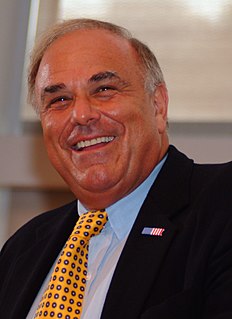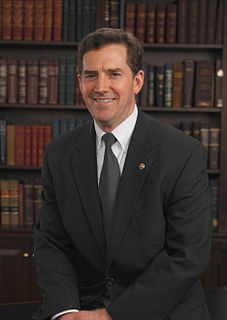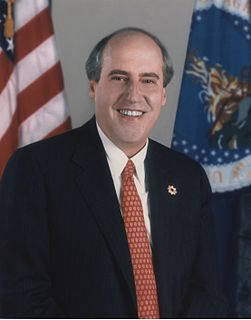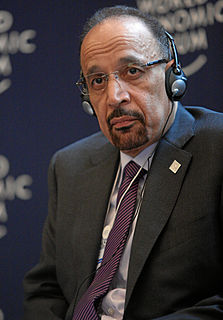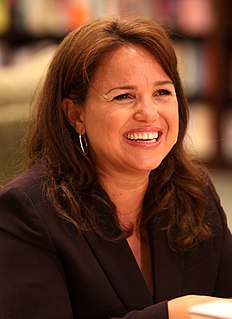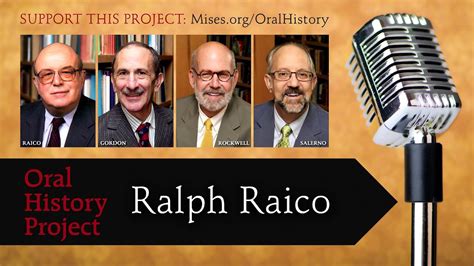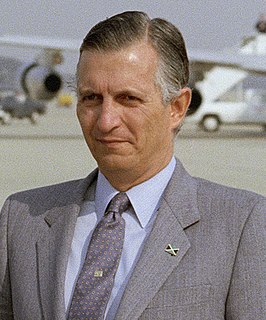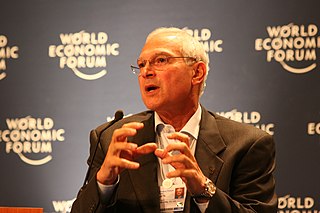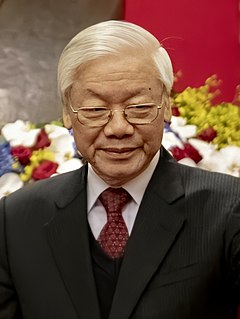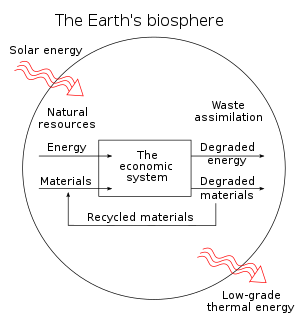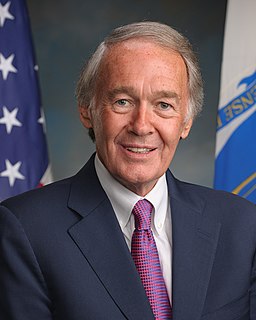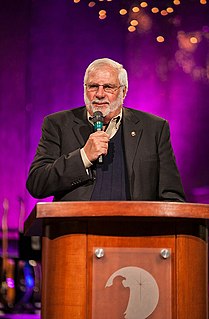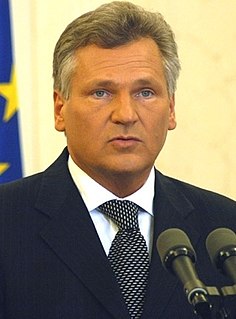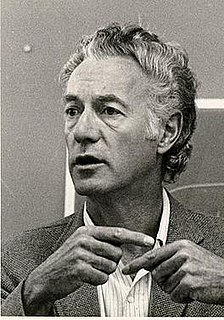Top 1200 World Economy Quotes & Sayings - Page 7
Explore popular World Economy quotes.
Last updated on December 19, 2024.
There is a clear and strong link between the economy's present woes and the Iraq war. The war was at least one of the factors contributing to rising oil prices - which meant Americans were spending money on imported oil, rather than on things that would stimulate the american economy. Hiring Nepalese contractors in Iraq, moreover, doesn't stimulate the American economy in the way that building a school in America would do - and obviously doesn't have the long term benefits.
For the workers and their families, being able to bring home a living wage helps their families and, by extension, helps our economy. Seventy percent of our economy is consumer-based. We know that when lower- and middle-class families have money and disposable income, they spend it. That puts money back into the economy. It's a win-win for everybody: Not just for the individual, not just production at a specific company (like Nissan), but for the greater good.
This new economy that's just emerged has a new central economic actor. It's not the worker, the person who produces, nor the person who consumes, the purchaser. It's a new actor that does both things at the same time, call them a creator. They both create and consume in the same single act, and we're just beginning to see the shape of this new economy and it changes not just the economy itself, it's going to change the whole nature of the work relationship.
Globalization, which attempts to amalgamate every local, regional, and national economy into a single world system, requires homogenizing locally adapted forms of agriculture, replacing them with an industrial system-centrally managed, pesticide-intensive, one-crop production for export-designed to deliver a narrow range of transportable foods to the world market.
The nation as such is not a large subject that has needs, that works, practices economy, and consumes. . . . Thus the phenomena of “national economy” . . . are, rather, the results of all the innumerable individual economic efforts in the nation and . . . must also be theoretically interpreted in this light. . . .Whoever wants to understand theoretically the phenomena of “national economy” . . . must for this reason attempt to go back to their true elements, to the singular economies in the nation, and to investigate the laws by which the former are built up from the latter.
Roughly two billion people participate in the money economy, with less than half of those living in the wealthy countries of the developed world. These affluent 800 million, however, account for more than 75 percent of the world's energy and resource consumption, and also create the bulk of its industrial, toxic, and consumer waste.
I think we are evolving rapidly into one world culture. It's certainly one world economy. With billions of people online, I think we'll appreciate the wisdom in many different traditions as we learn more about them. People were very isolated and didn't know anything about other religions 100 years ago.
The Stock Exchange is something very different. There is no economy and no production of goods and services. There are only fantasies in which people from one hour to the next decide that this or that company is worth so many billions, more or less. It doesn't have a thing to do with reality or with the Swedish economy.






